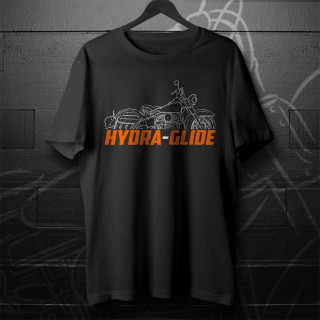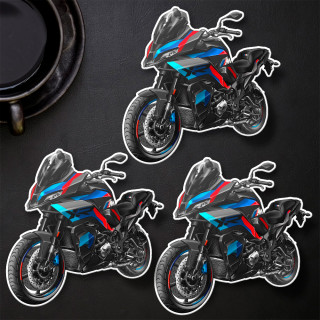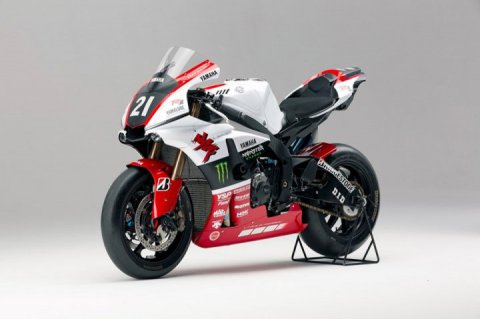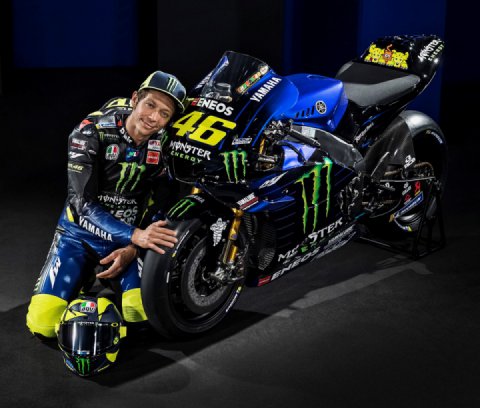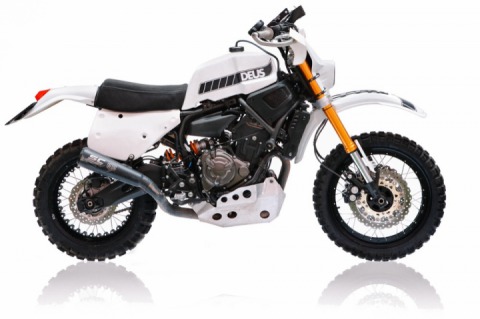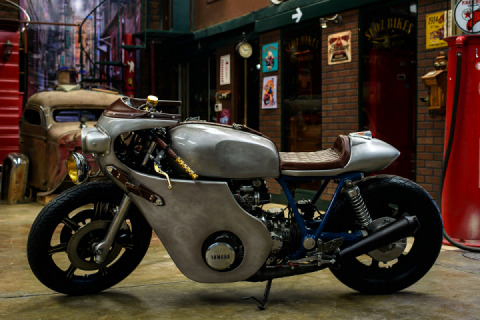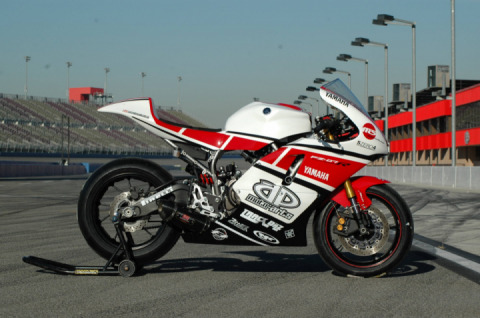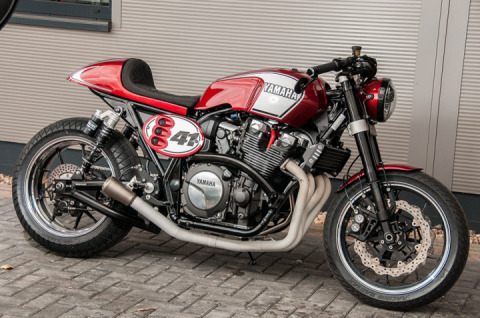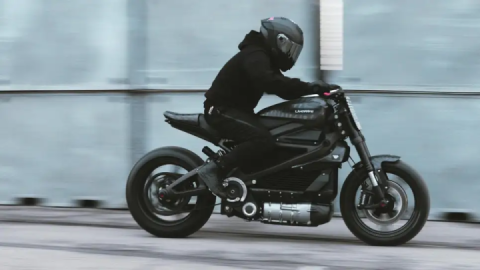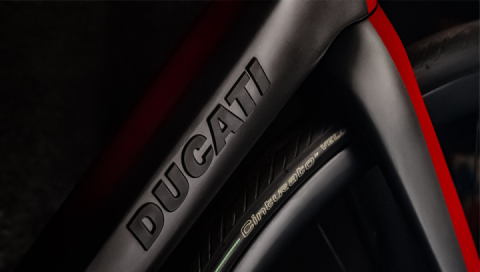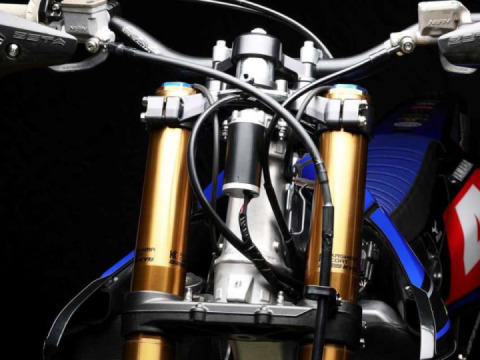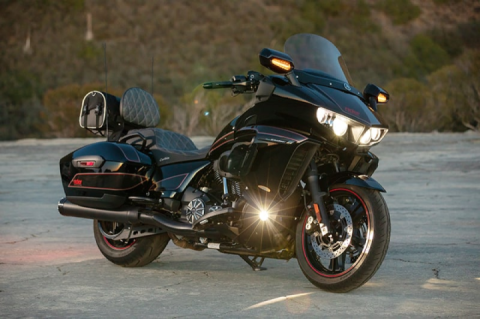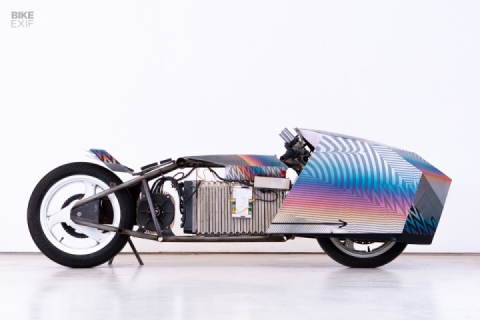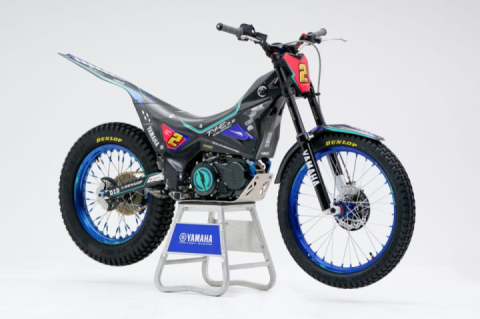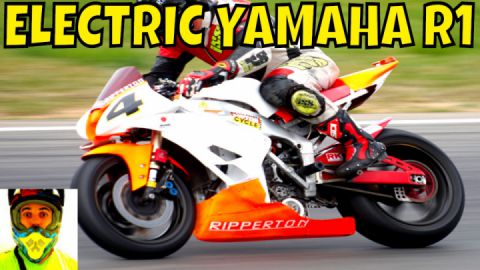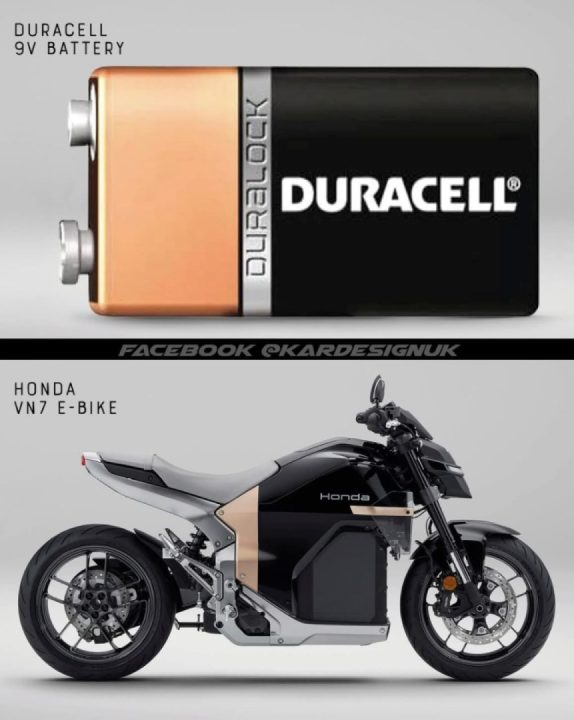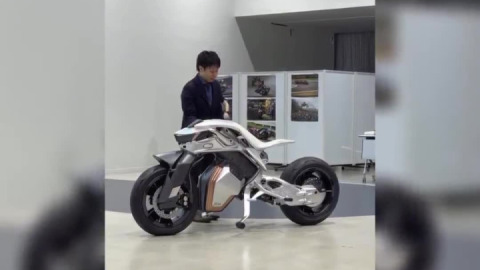
YAMAHA TY-E ELECTRIC TRIALS BIKE REVEALED
Yamaha has released a new version of the TY-E electric trials bike. The TY-E 2.0 features a newly designed monocoque frame made of composite laminates housing an electric power unit with improved performance. The bike also features a newly developed lightweight battery with approximately 2.5 times the capacity of the previous model.
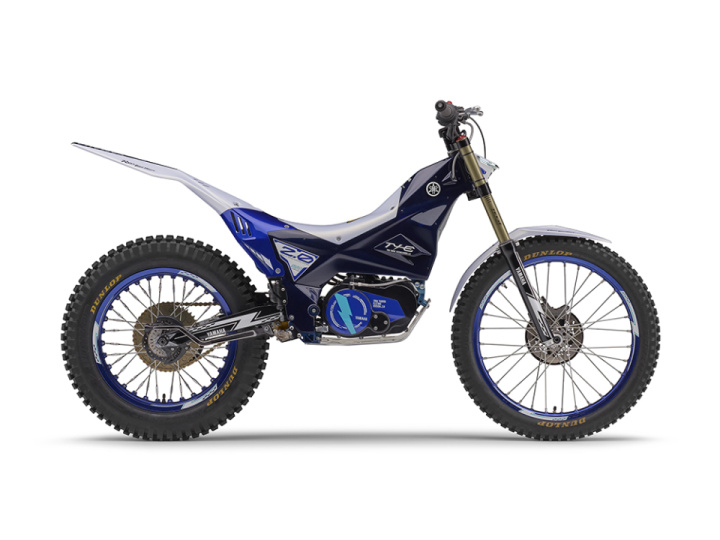
The new prototype is a development of the original TY-E from 2018 that competed in the FIM World Trials Championships. Its development is in line with YMC’s goal of approaching carbon neutrality while maintaining motorcycling fun. Yamaha is aiming for carbon neutrality throughout all of its business activities — including across the life cycles of its products — by 2050.
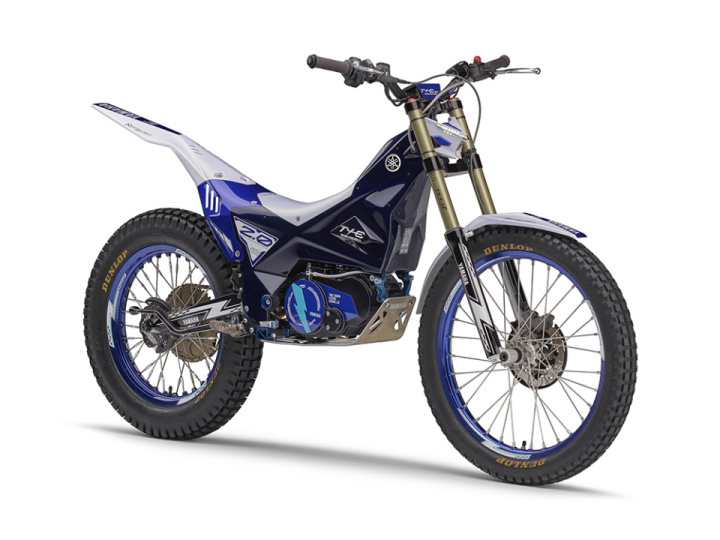
The new TY-E is scheduled to participate in the FIM Trial World Championship from June this year with Kenichi Kuroyama on the Yamaha Factory Racing Team. Kuroyama-san also serves as a development rider. The TY-E 2.0 will also be exhibited at the Yamaha Motor booth at the 49th Tokyo Motorcycle Show to be held from March 25 to 27.
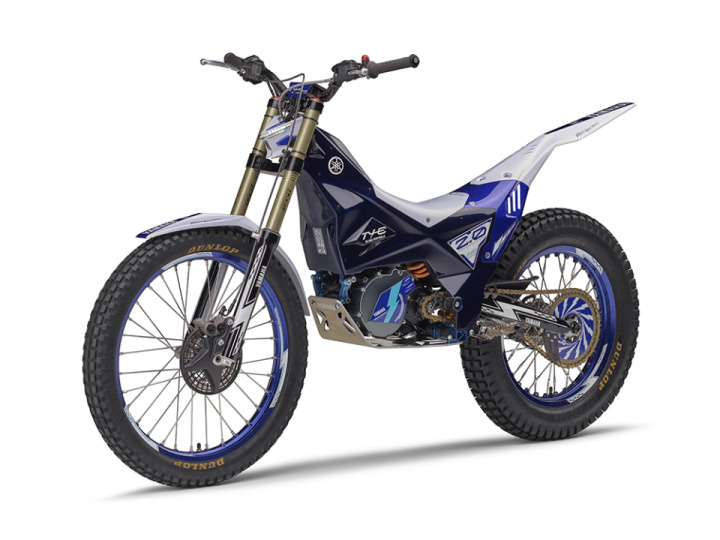
The layout of the power unit and battery is revised to achieve a significantly lower centre of gravity compared to the previous model. The new high-capacity battery has successfully kept weight increase minimal while traction has been improved by pairing mechanical parts such as the clutch and flywheel with carefully tuned electronic control.
There is no information regarding production, availability or pricing at this time.
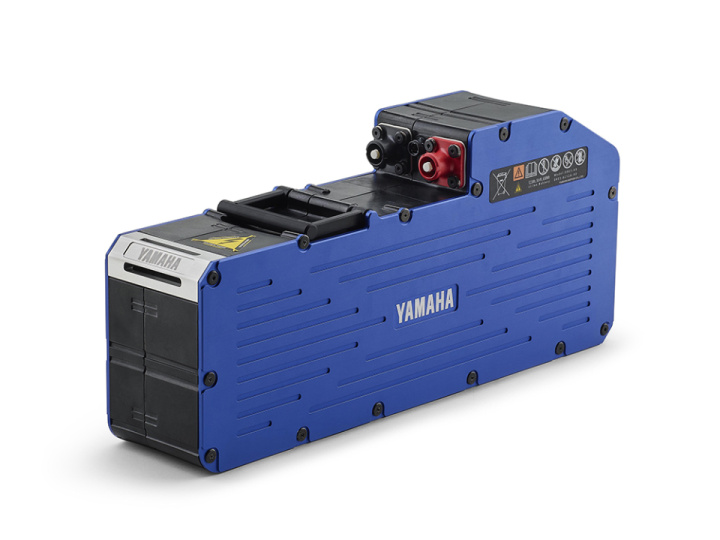
Monocoque frame made of composite laminates
The TY-E 2.0 employs a monocoque frame made of composite laminates to contribute to lighter weight and optimal rigidity. The layout of the power unit and battery was reviewed and revised to achieve a significantly lower centre of gravity compared to the previous model.
Newly developed lightweight battery with approx. 2.5x more capacity
Yamaha developed a new high-capacity battery with higher output density and successfully kept the weight increase down to some 20% while achieving about 2.5 times greater capacity than the previous model.
Power unit further refined through a combination of mechanical parts and electronic control
Based on the previous model, traction has been improved by pairing mechanical parts such as the clutch and flywheel with carefully tuned electronic control for the motor that is capable of reading subtle changes in grip.
Credit: amcn
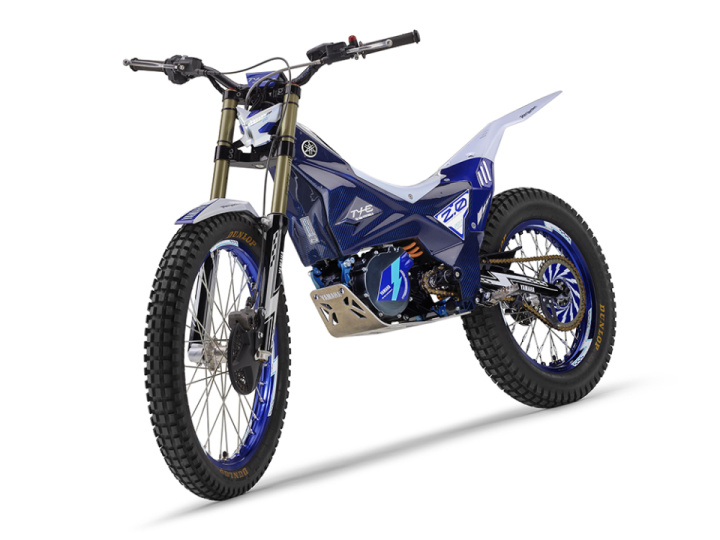
#Yamaha #EMoto #Trial


